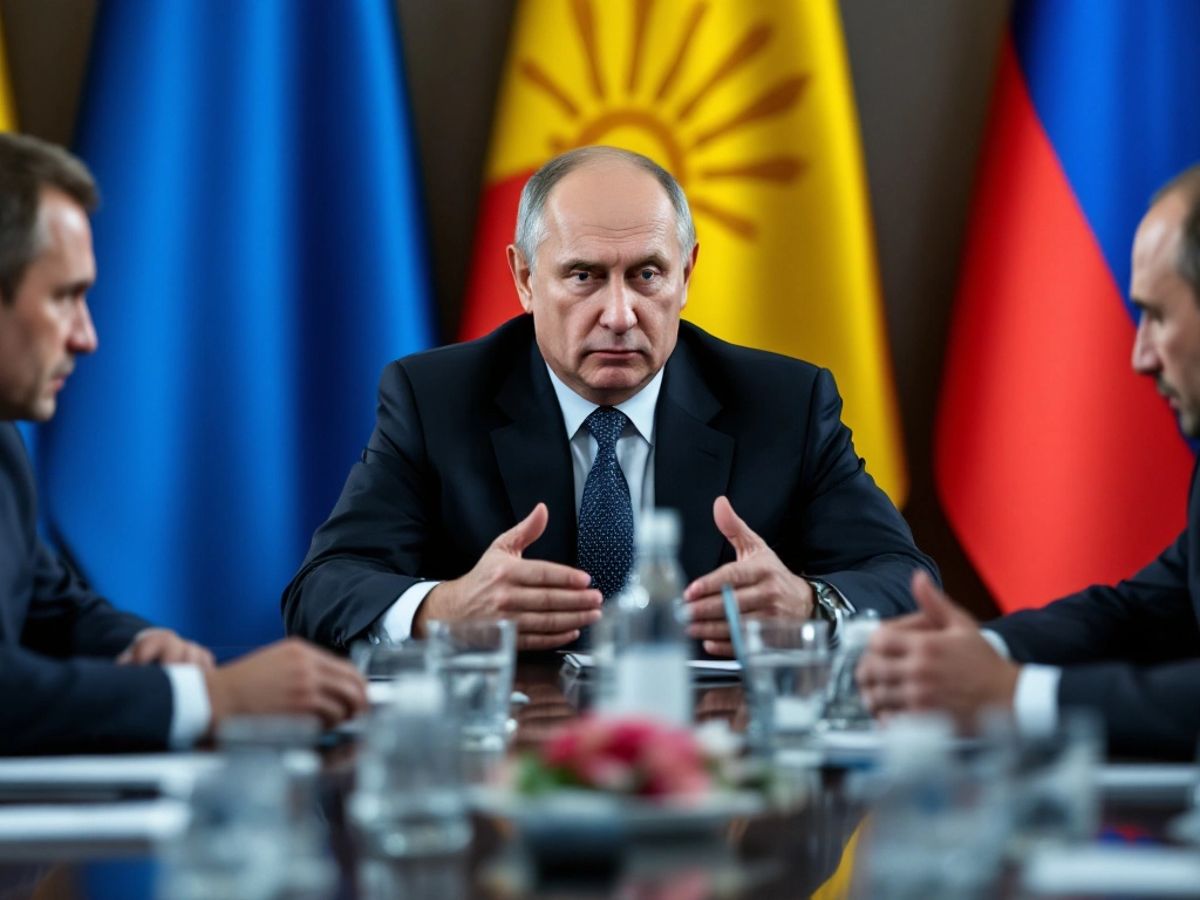Kosovo’s Prime Minister Albin Kurti has issued a stark warning regarding the implications of a potential Russian victory in Ukraine, stating that it could jeopardize 25 years of peace in the Balkans. Speaking in Warsaw, Kurti emphasized the need for Western unity in supporting Ukraine against Russian aggression, highlighting the historical context of regional tensions.
Key Takeaways
- Albin Kurti warns that a Russian victory in Ukraine could embolden Serbia and threaten peace in the Balkans.
- The region has enjoyed 25 years of relative peace, freedom, and democracy since the end of the Yugoslav Wars.
- Kurti calls for a united Western front to support Ukraine and prevent further destabilization in the Balkans.
Historical Context
The Balkans have experienced significant turmoil, particularly during the breakup of Yugoslavia in the 1990s, which led to devastating conflicts. Kosovo, once a Serbian province, declared independence in 2008 after a NATO intervention in 1999 that ended a brutal war between Serbian forces and ethnic Albanian separatists. Despite this, Serbia has never recognized Kosovo’s independence, and tensions remain high.
Current Tensions
Kurti pointed out that the normalization talks between Kosovo and Serbia, facilitated by the European Union, have stalled. A recent shootout in September 2023 between masked Serb gunmen and Kosovo police, which resulted in four deaths, has further strained relations. In response, NATO has increased its peacekeeping presence along the Kosovo-Serbia border.
The Risk of Serbian Expansionism
Kurti articulated that a stronger Russia would likely embolden Serbia’s expansionist ambitions, posing a threat not only to Kosovo but also to neighboring countries such as Bosnia, Montenegro, and potentially North Macedonia. He described Serbia as a regional hegemon and a proxy for Russian interests, warning that the hard-won peace in the Balkans could be at risk again.
Call for Western Unity
In his address, Kurti stressed the importance of a united Western response to Russian aggression. He stated, "These 25 years in this century have been a quarter of a century with the highest degree of peace, freedom, and democracy in the Balkans." He urged Western nations to recognize the potential consequences of a Russian victory, which he believes would encourage further destabilization efforts by President Vladimir Putin.
Future Aspirations
As Kosovo prepares for parliamentary elections in February 2025, Kurti’s government aims to strengthen its position within the European Union. However, five EU member states—Spain, Greece, Cyprus, Romania, and Slovakia—still do not recognize Kosovo’s independence. Kurti noted that while Spain has begun recognizing Kosovo passports, this is merely a small step toward full recognition.
In conclusion, the geopolitical landscape in the Balkans remains fragile, and the outcome of the conflict in Ukraine could have far-reaching implications for regional stability. Kurti’s warnings serve as a reminder of the delicate balance of peace that has been maintained over the past quarter-century and the potential threats that loom on the horizon.
Sources
- Russia Prevailing in Ukraine Would Threaten 25 Years of Peace in Balkans, says Kosovo’s Leader, Republic World.
- Kosovo’s leader says Russia prevailing in Ukraine would threaten 25 years of peace in the Balkans, MSN.
- Kosovo’s leader says a Russian victory in Ukraine would threaten the peace in the Balkans, European Interest.
- PM of Kosovo: Russia’s victory in Ukraine will threaten peace in Balkans, Ukrinform.
- Kosovo’s leader says Russia prevailing in Ukraine would threaten 25 years of peace in the Balkans, Yahoo.





